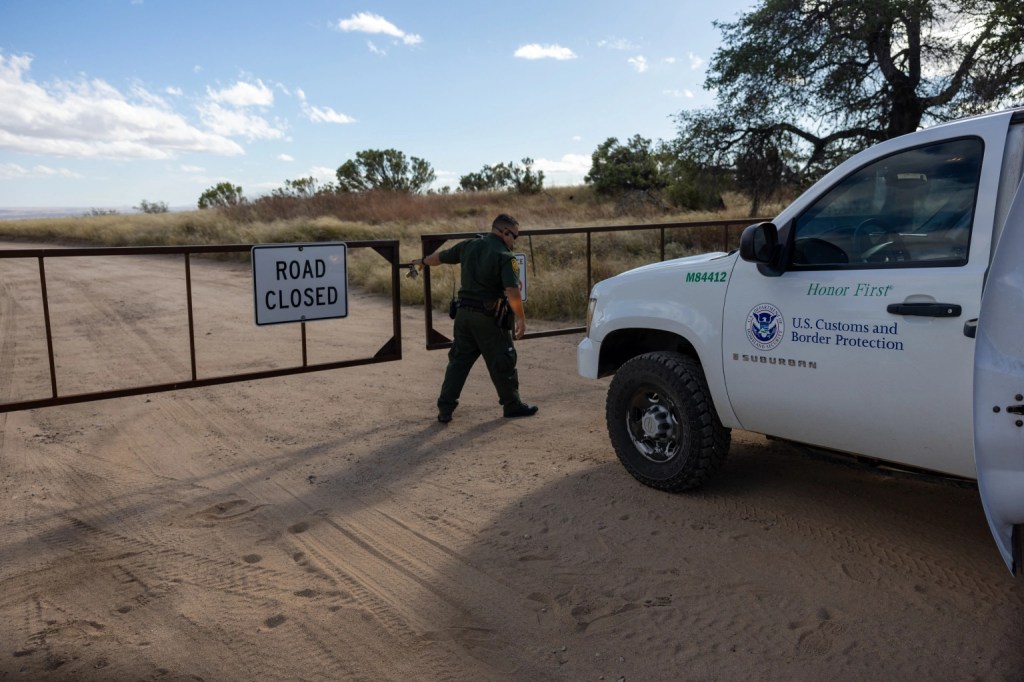In a new feature published this week, CPJ’s Consultant Technology Editor Madeline Earp explains how forensic tools open a new front for using phone data to prosecute journalists.
A law enforcement agent scrolling through a journalist’s unlocked phone is already a problematic scenario for press freedom. This risk is supercharged by technology that can copy and search the entire content of phones and computers, even if they are locked. Forensic tools can access everything on a phone or computer and are in widespread, open usage in democracies and more repressive regimes. Their use has accelerated threats to the press while protections and public awareness lag.
It has become routine for authorities to take phones and computers into custody when investigating a journalist. CPJ’s prison census, a snapshot of journalists in prison on December 1, 2022, lists examples from Iran, Belarus, Azerbaijan, Turkey, Vietnam, and India.
The United States and Australia are two more countries—of many—where these tools are becoming ubiquitous. In October, CPJ wrote about the legal battle to protect slain Las Vegas reporter Jeff German’s electronic devices; forensic tools were used to convict journalists in Myanmar and search for their sources in Nigeria.
If you are a journalist worried that your devices have been compromised, read through CPJ’s digital safety kit to protect yourself and your sources.
Global press freedom updates
- CPJ calls for Twitter to restore accounts of suspended journalists, commit to media freedom
- CPJ, international journalists, call on Guatemalan president to release journalist José Rubén Zamora
- Senegalese journalist Pape Alé Niang re-arrested, accused of breaching bail condition
- News anchor Ciro Gómez Leyva survives shooting attempt in Mexico City
- Taliban releases American journalist Ivor Shearer; CPJ calls for more releases; Separately, Taliban intelligence officials beat, interrogate journalist Zabihullah Noori
- Cameroonian journalist Amadou Vamoulké sentenced to 12 years and US$76,000 fine
- Ethiopia must release journalist Meskerem Abera after second detention this year
- Italian journalist Claudio Locatelli injured while covering war in Ukraine
- Belarusian journalist Syarhei Chihrin detained for 7 days on extremism charges
- Bulgarian authorities question reporter and editor about sources
- Kazakh financial police arrest investigative journalist Mikhail Kozachkov
- At least 3 TV crews attacked while covering protests in northern Kosovo
- Turkish journalist Sinan Aygül arrested under new ‘disinformation’ law
Spotlight
So far, in 2022, journalists in the U.S. have been subjected to 38 assaults, 29 subpoenas and/or legal orders, and 12 arrests, according to the U.S. Press Freedom Tracker, a joint project of the Freedom of the Press Foundation and CPJ. This number is smaller than in 2020 and 2021 —outliers due to mass, national protests—but every journalist’s arrest has consequences for the free press. Detention stops journalists from covering their stories, and criminal charges threaten fines and prison time.
The Tracker records 18 journalists still facing charges for arrests dating back to 2017. More recently, in October 2022, Derek Myers, editor-in-chief of the Scioto Valley Guardian in Ohio, was arrested and charged with wiretapping after his outlet published audio leaked from a murder trial. This charge is a fourth-degree felony, and Myers faces up to 18 months in prison and a $5,000 fine.
In the Tracker’s database, more than 90 journalists have sued authorities over their mistreatment. Most of these lawsuits come from incidents occurring during the mass protests in 2020 and 2021, and at least three journalists reached settlement agreements with state or local authorities in 2022.
- The autocrat in your iPhone: How mercenary spyware threatens democracy — Ronald J. Deibert, Foreign Affairs
- A matter of life and death: the dangers of being a journalist in Somalia today — Maurice Oniang’o, Reuters Institute for the Study of Journalism
- 2022 is the deadliest year on record for Mexican journalists — Christopher Sherman, The Associated Press
- Elon Musk is still silencing the journalists he banned from Twitter — Micah Lee, The Intercept
- ‘I stopped saying Xi’s name out loud’: Why The Telegraph’s correspondent had to flee China — Sophia Yan, The Telegraph
